There are still conflicts in management and administration.
On the afternoon of July 11, the Government Electronic Information Portal held a seminar "University autonomy - What opportunities for development?".
According to Associate Professor, Dr. Luu Bich Ngoc - Chief of Office of the National Council for Education and Human Resources Development, Vietnam's university autonomy has recently become a driving force for development, with many remarkable achievements. However, it seems that in the past 10 years, the pace has been "a bit slow" compared to the wishes of the Party, the State, and society.
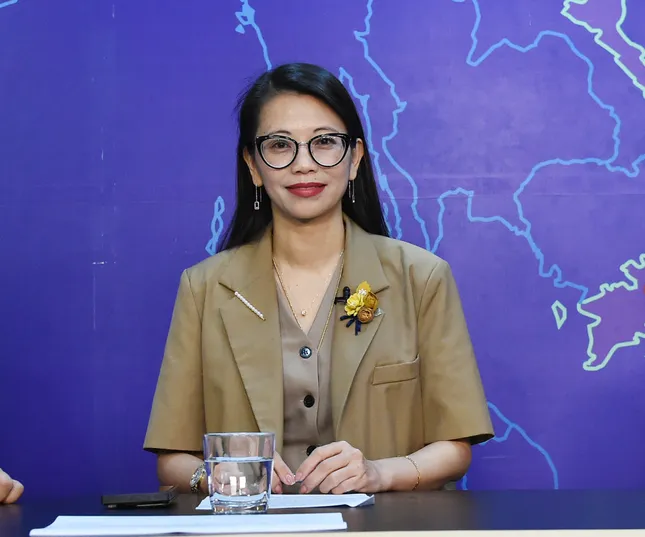 |
Assoc.Prof.Dr. Luu Bich Ngoc. |
“We must agree that autonomy does not mean lax management. Previously, the State allowed public higher education institutions to be autonomous, with monitoring mechanisms from pre-inspection to post-inspection included,” Associate Professor, Dr. Luu Bich Ngoc.
The reason, according to Ms. Ngoc, is first of all that society and higher education institutions do not understand university autonomy correctly. The State has issued policies to increase university autonomy, but has cut budget investment, making university autonomy synonymous with educational institutions having to fend for themselves.
In addition, there are still conflicts in management and administration. At present, higher education institutions still have overlaps between the school council, the party committee and the school board, leading to inefficiency in internal management of higher education institutions.
According to Ms. Ngoc, the autonomy mechanism in the past has not been truly open. When autonomous, higher education institutions must still comply with the State's legal systems and documents. However, there is no unity or synchronization between these laws, and there is still "cross-cutting" between them.
“The lack of synchronization in mechanisms has tied the hands of higher education institutions when implementing autonomy,” said Ms. Ngoc.
At the seminar, Lieutenant General, Professor, Dr. Nguyen Xuan Yem - Director of the Institute of Non-Traditional Security, School of Business and Administration, Vietnam National University, Hanoi said that the very important point is to clearly define from both sides: What can the management agency do and what can the school, especially the school principal, do?
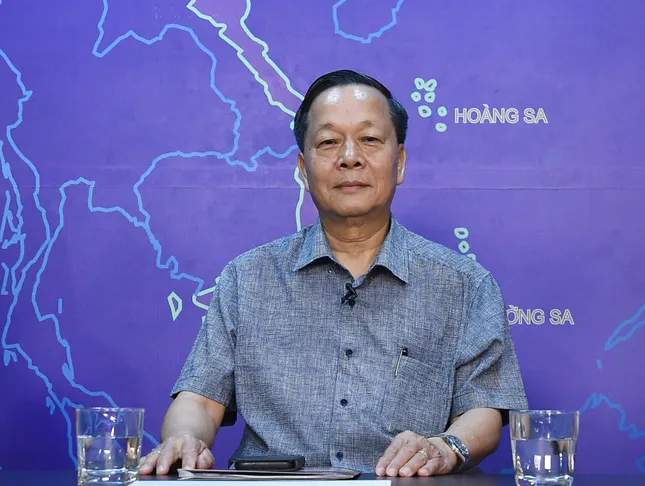 |
Prof. Dr. Nguyen Xuan Yem. |
According to him, in the 1990s, the granting of master's and doctoral degrees was done by the Minister of Education and Training, but now all these rights, especially doctoral training, the highest level of higher education, are given to the school.
“My point of view is that what belongs to the school, to the school principal, must be returned to them in the rightful sense. The management agency should focus on guiding, inspecting, checking, and delving into management,” Professor, Dr. Nguyen Xuan Yem stated.
Can lose job if not self-sufficient
Sharing at the seminar, Associate Professor Dr. Hoang Dinh Phi - Principal of the School of Business and Management (HSB), Hanoi National University, acknowledged that Resolution 29 of 2013 on fundamental and comprehensive innovation in education and training is an important basis and foundation for teachers and students in the school to overcome many difficulties and barriers.
Associate Professor, Dr. Hoang Dinh Phi recounted that he took over the leadership of the school in 2013, and since then, dozens of professors and leading experts have supported, assisted and directly advised on how to break through and remove some barriers to integration; at the same time, creating new academic schools so as not to be left behind or copy from foreign countries.
“There must be great teachers standing side by side with those who dare to be independent when they have nothing in their hands,” Mr. Phi expressed and shared that he and some teachers at the school have accepted the trade-off, sometimes having to put their future on the scale, possibly losing their jobs if they cannot be independent.
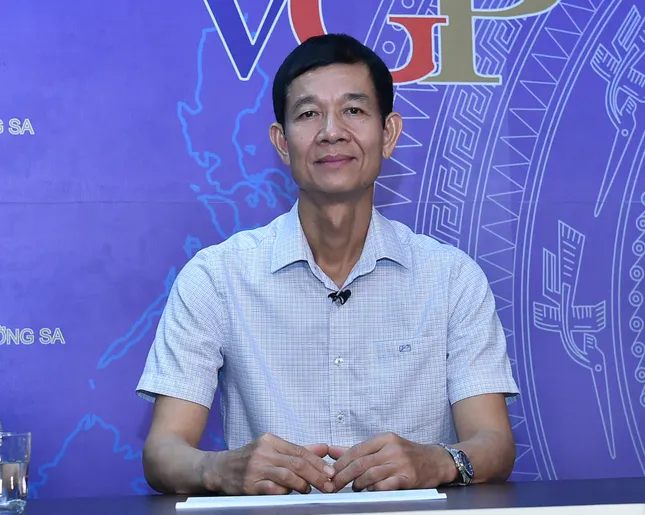 |
Assoc.Prof.Dr. Hoang Dinh Phi. |
“That is a very difficult problem when you lead an autonomous unit with nothing but want to follow international standards. That is also a challenge to the leadership role of the collective and of individuals in a school starting from zero,” said Mr. Phi.
According to Associate Professor, Dr. Luu Bich Ngoc, we must agree that autonomy does not mean lax management. Previously, the State allowed public higher education institutions to be autonomous, with monitoring mechanisms from pre-inspection to post-inspection included. “The current and future trend is to strengthen post-inspection,” Ms. Ngoc said.
During this time, according to Ms. Ngoc, it is necessary to ensure quality from within, creating new governance models in public higher education institutions. At the same time, it is necessary to promote accountability and strengthen supervision by the State, society and learners.
According to Prof. Dr. Nguyen Xuan Yem, there are many ways to evaluate, but an important channel is the broader inspection and evaluation from the people, parents, especially students after graduation, from the practical use of labor by enterprises. Along with inspection and examination, he believes that these are the places to accurately evaluate the effectiveness of training.
Source: https://tienphong.vn/tu-chu-dai-hoc-vi-sao-cac-truong-dai-hoc-bi-bo-tay-bo-chan-post1759379.tpo



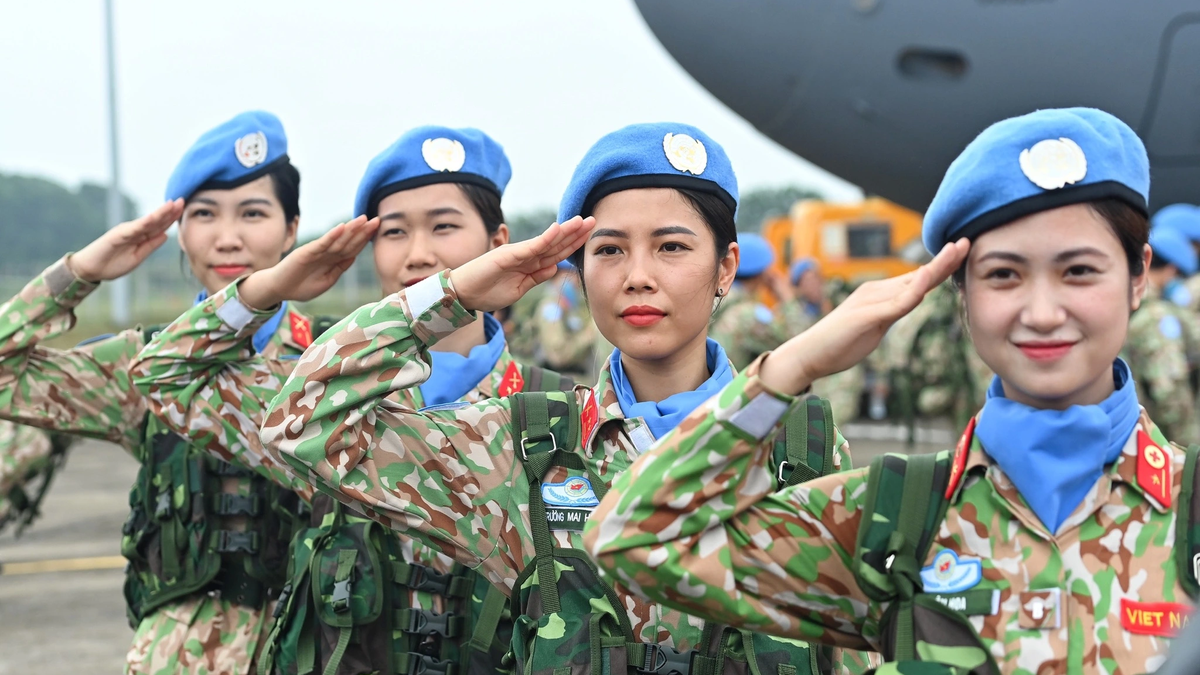
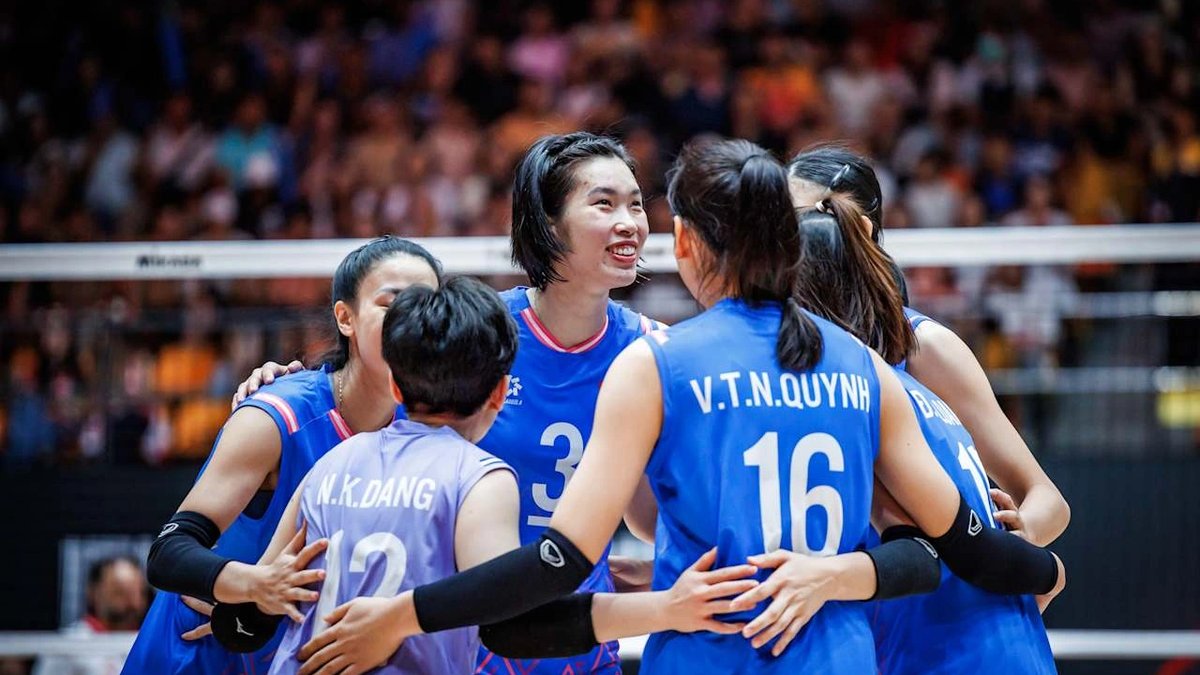
![[Photo] Hanoi is ready to serve the occasion of the 80th National Day Celebration on September 2nd](https://vphoto.vietnam.vn/thumb/1200x675/vietnam/resource/IMAGE/2025/8/29/c838ac82931a4ab9ba58119b5e2c5ffe)
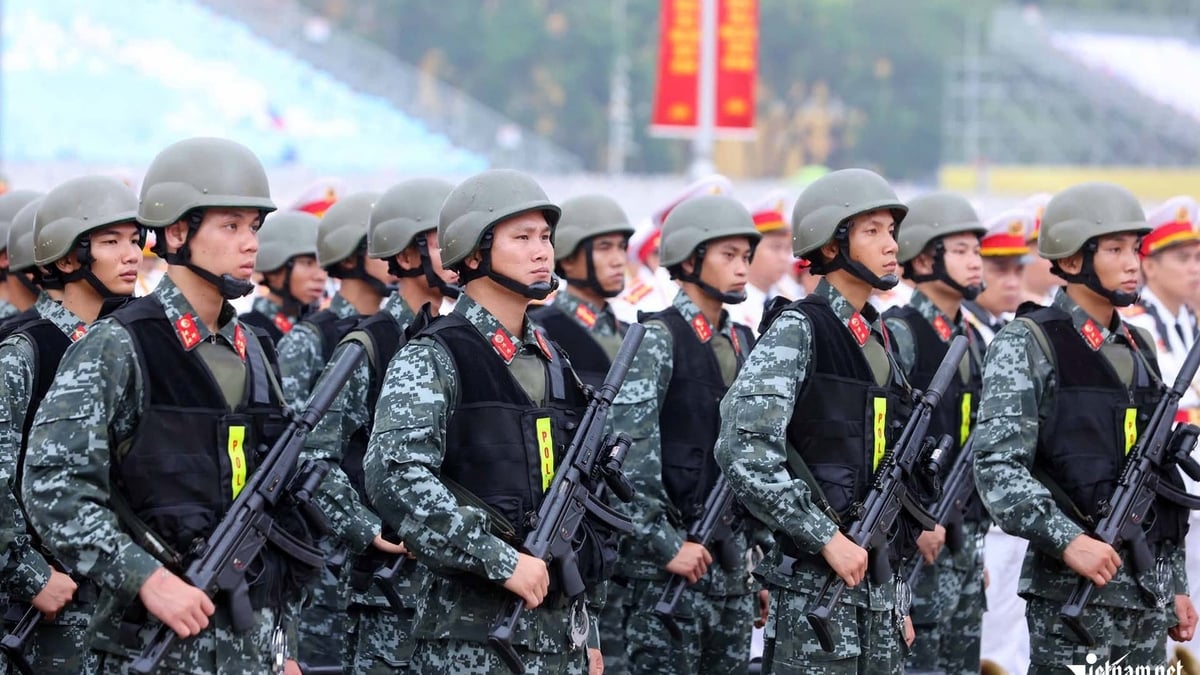
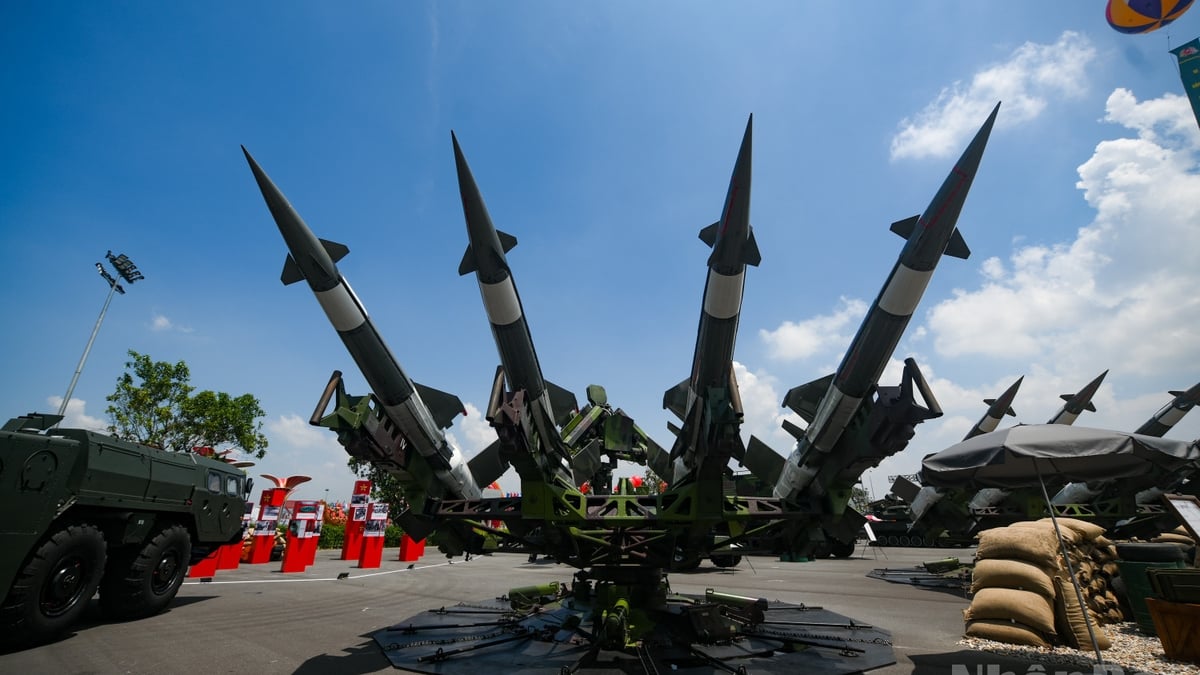

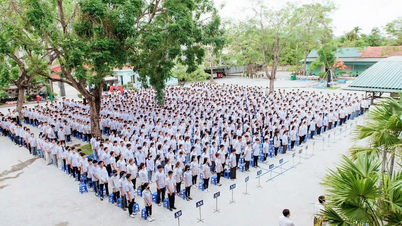

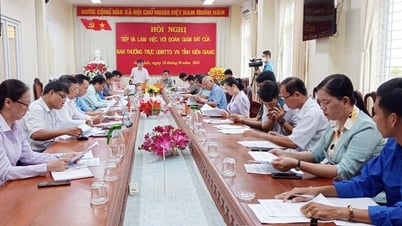

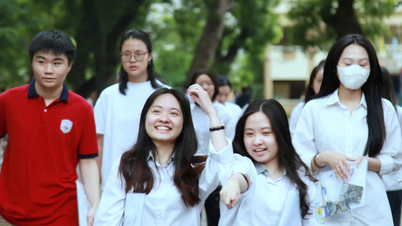
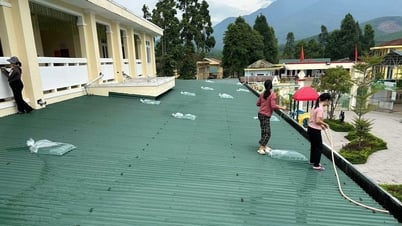

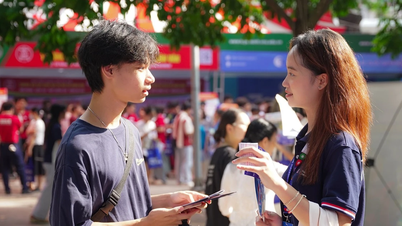
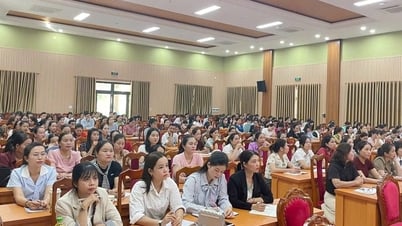

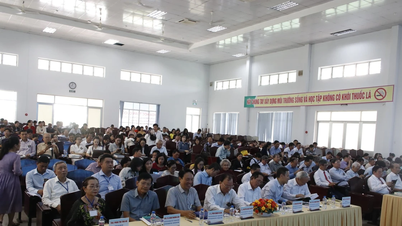
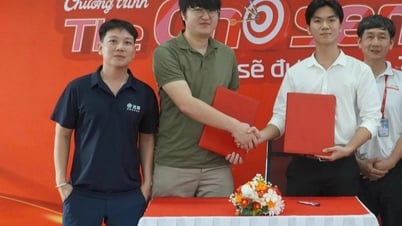
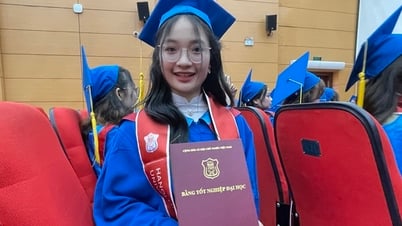


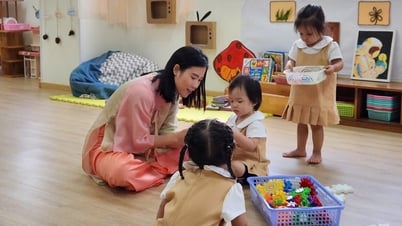






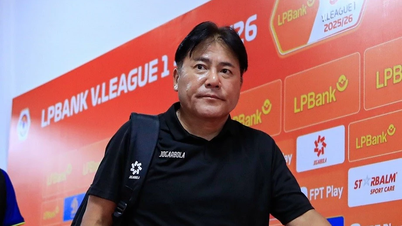

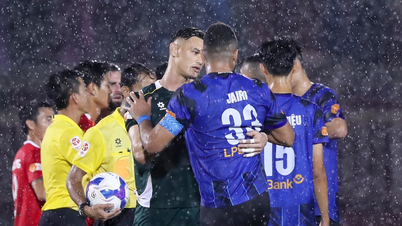


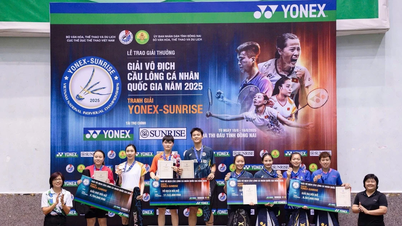
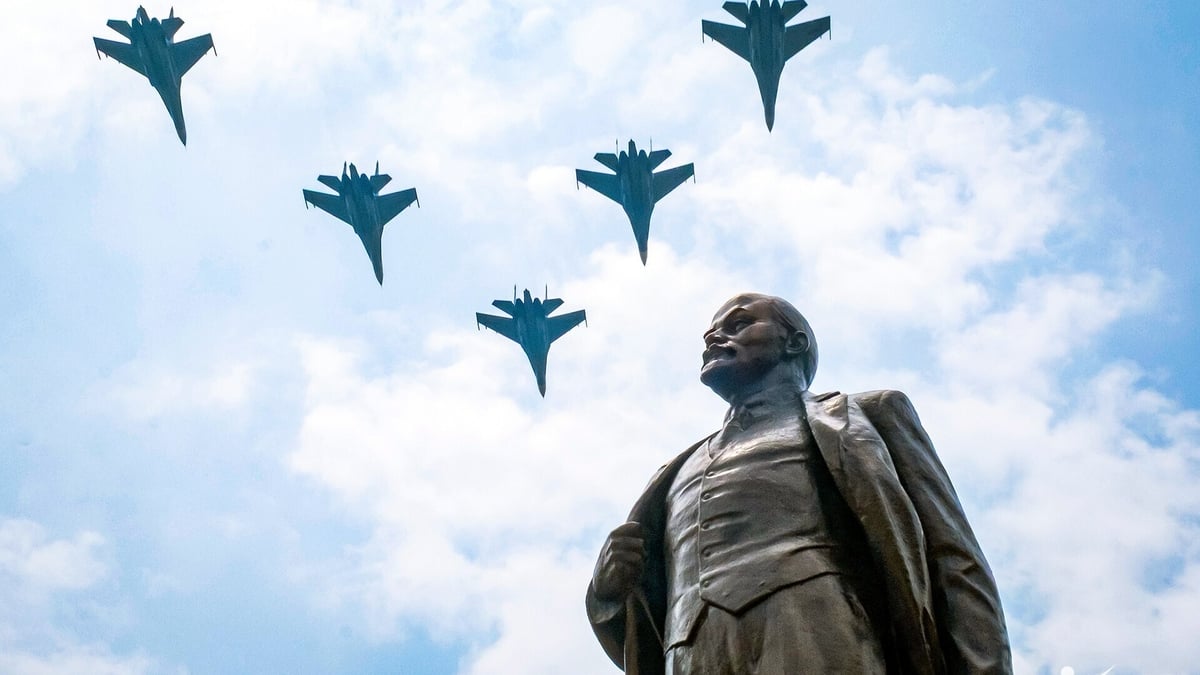











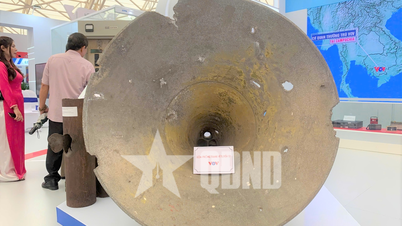



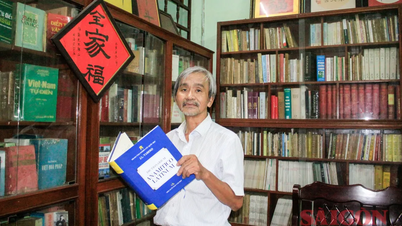









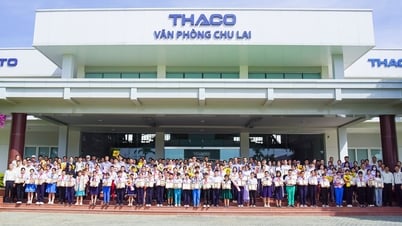





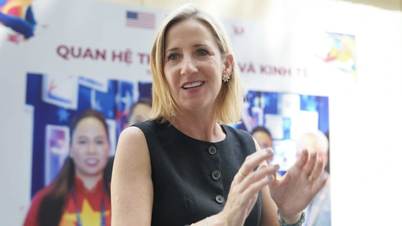

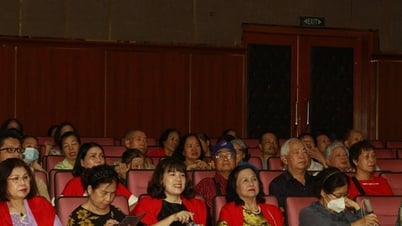
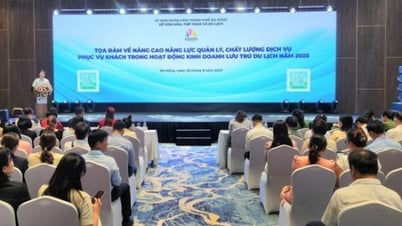


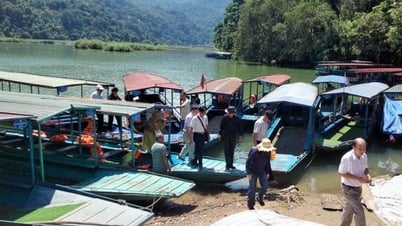
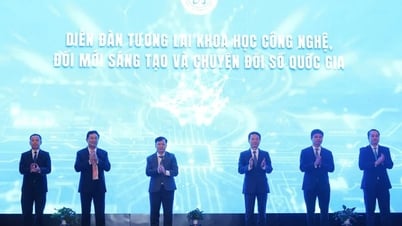




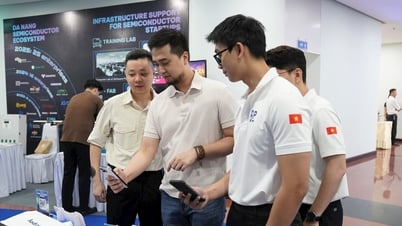
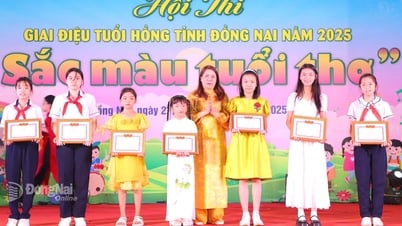

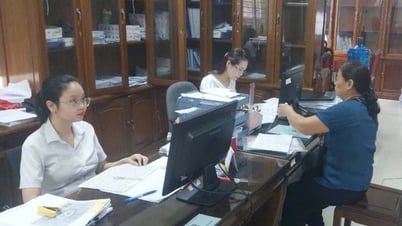



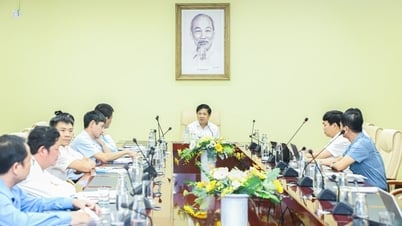










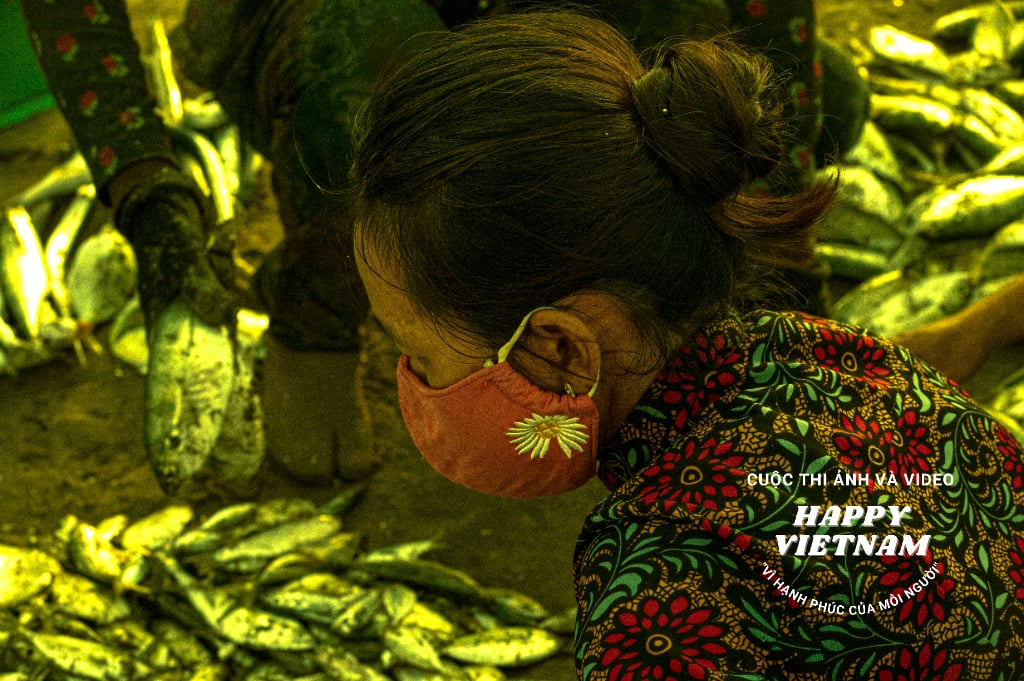

Comment (0)